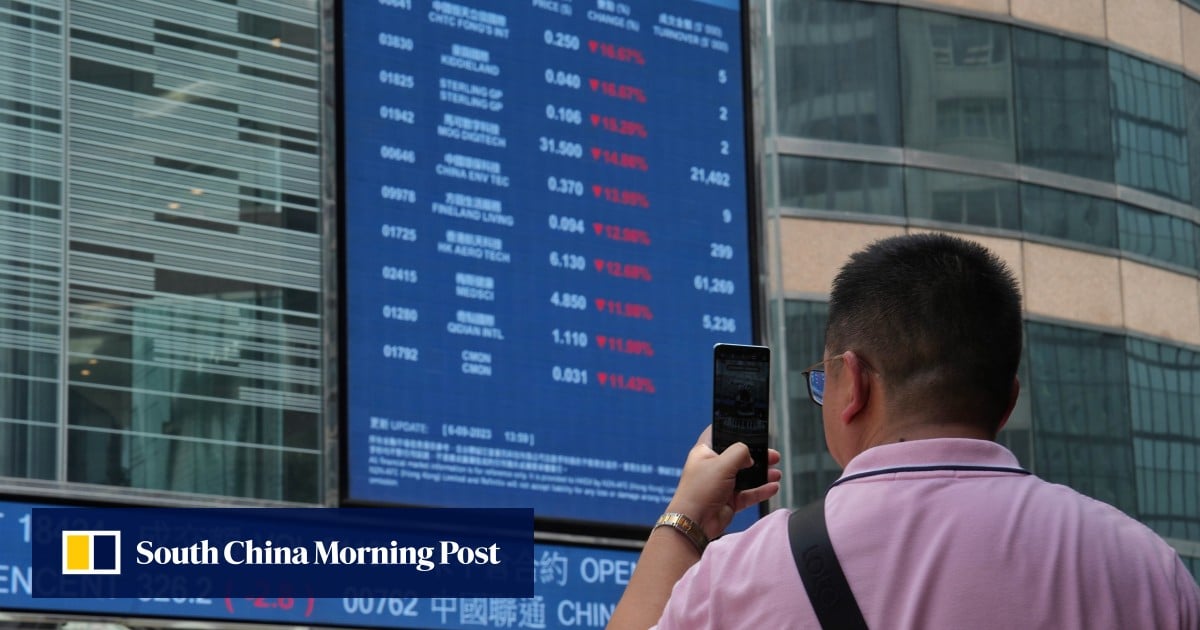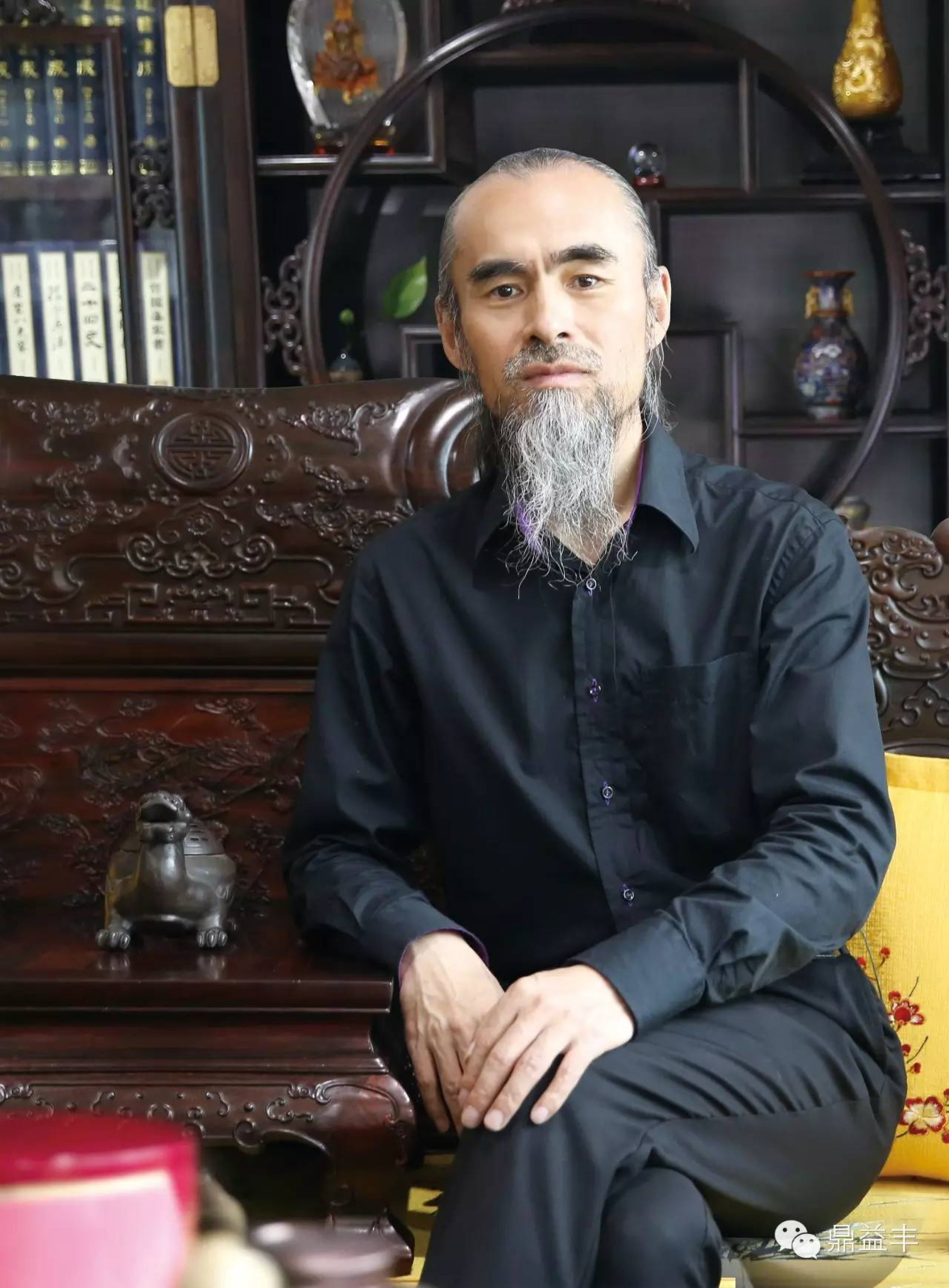
16 Jan Hong Kong investment firm Ding Yi Feng’s plans to list mainland Chinese affiliate spooks investors, shares crash
Shares of Hong Kong-listed investment firm Ding Yi Feng Holdings Group International have taken a hit amid speculation that its Shenzhen affiliate plans to list on an international digital exchange, and freeze asset trading for the next several months.
The move has confounded market observers, who believe the company could be in trouble.
Founder Sui Guangyi plans to list Ding Yi Feng International Asset Management Group on an overseas digital exchange to help investors generate “significant returns”, according to an unsubstantiated statement attributed to Sui circulating on social media since January 10. The news has also been widely reported by local Chinese media.
Following the listing, Ding Yi Feng’s underlying assets will be converted into “digital options” and traded globally, according to the social media post.

The company did not immediately reply to a request for comment by the Post.
Ding Yi Feng’s shares sank 31.3 per cent to HK$0.92 on Tuesday, taking the overall decline to 47.3 per cent since January 10.
Sui promised a 20-fold return on investment for investors who commit to the scheme for 10 years. For the time being, he has asked investors to lock up their money for eight months to prepare for the listing.
Sui said a dividend of 0.5 per cent per month will be paid out quarterly to investors starting on February 1.
“The move is pretty much a scam and likely means that the company doesn’t have enough cash on hand to make repayments,” said Tommy Kung, an analyst at KGI Asia.
Investor sentiment has already taken a blow from the difficulties facing mainland Chinese trust firms, he said, adding investors were now worried that Ding Yi Feng might have run into similar liquidity problems.
In December, Shanghai-based Hywin Wealth, with wealth management products tied to embattled property developer China Evergrande Group, said it was facing repayment difficulties.
Sui is Ding Yi Feng’s largest shareholder with a 22.26 per cent stake, followed by Ma Xiaoqiu at 13.36 per cent, according to the company’s interim report.
Ma cut her affiliations with the company, including relinquishing her titles as non-executive director and chairman of the board last February, amid suspected disagreements with Sui, according to Chinese media reports.
The company’s net profit amounted to HK$97 million (US$12.4 million) for the six months ended June 2023, compared with a loss of HK$272 million a year earlier, according to its earnings statement.
Last February, financial regulators warned investors that the company’s Shenzhen affiliate could be involved in illicit fundraising.
“Financial regulators in mainland China are heightening their scrutiny over asset management firms,” said Kenny Ng, a securities strategist at Everbright Securities International.
“With Zhongzhi recently filing for bankruptcy, I think it makes sense for investors to be concerned about incidents like this and the industry as a whole.”
